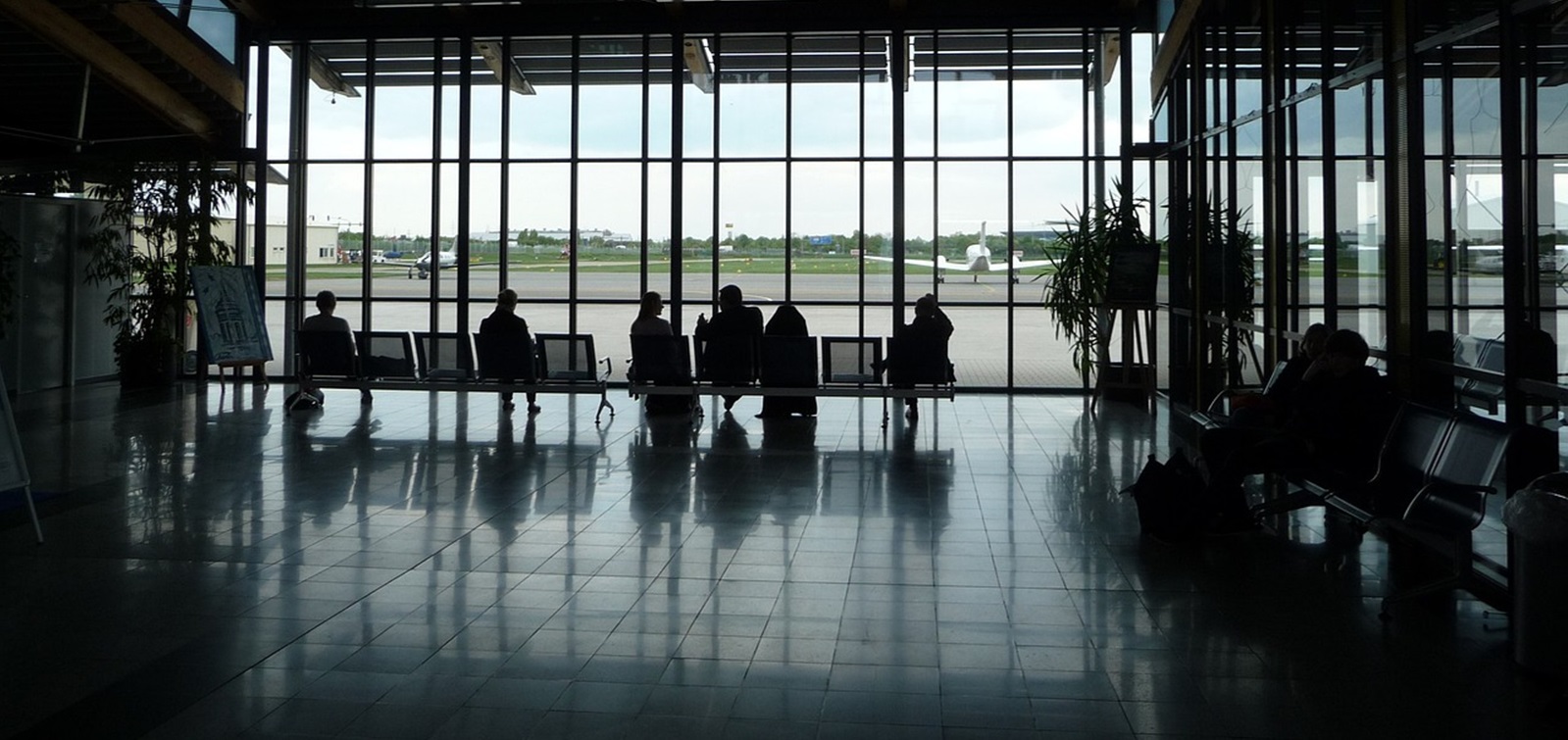- Dates
- 8 January - 5 February 2025
- Tuition
- 200 EUR
- Schedule
- Part time
- Mode
- Online - asynchronous with some live online sessions
- Language
- English
Aimed at clinicians seeking advanced studies in migrant health, this course is included as Module 2 of the Travel Medicine and Health in Mobile Populations course.
Participants who complete this course should be able to conduct an evaluation of migrant patients, taking into consideration factors such as migration route and cultural diversity. They should also be competent in treating and focusing on the primary syndromes affecting migrants, including helminthiasis and T. cruzi infection, with special attention to screening indications for the affected population.
Methodology
The course methodology is based on clinical cases presented through interactive lessons, short videos on key concepts, interaction with faculty through the online forum, and live online sessons with clinicians and researchers complemented by downloadable text resources.
Coursework and activities can be completed in a way that adapts to the participants’ schedules. The live sessions will be recorded and made available to those who cannot attend.
Participants who successfully complete the course requirements will receive a certificate from ISGlobal.
Course Director
Dr Jose Muñoz is a medical doctor specialized in internal medicine and infectious diseases. Having worked as a physician and researcher in Ivory Coast and Mozambique, he is now employed at the Hospital Clinic-Barcelona Institute for Global Health (ISGlobal). His work here focuses on clinical and epidemiological research of tropical imported diseases among travelers and immigrants and neglected tropical diseases, in particular Chagas disease and helminthiases.
Dr Muñoz has taught in the Master of International Health at the University of Barcelona since 2005 and he is currently a lecturer in the Master of Global Health of ISGlobal-University of Barcelona. He also teaches several courses related to imported diseases. He is a board member of Federation of European Societies of Tropical Medicine and International Health (FESTMIH).
Faculty Coordinators
Dr Inés Iglesias is a medical doctor, specialized in Family Medicine and the Community in Spain, with clinical experience in travel medicine and imported diseases. She obtained her master's degree in Tropical Medicine in 2018 and her Ph.D. in Global Health in 2021, both from the University of Nagasaki (Japan), where she carried out research projects about the situation of Chagas disease in Japan. Currently, she has projects in both Spain and Japan.
Course Coordinator
Dr Pedro Laynez Roldán is an internal medicine specialist who collaborates with the international health department of the Hospital Clinic and the Barcelona Institute for Global Health (ISGlobal). His work focuses on tropical imported diseases among travelers and migrants, particularly related to recently arrived migrants and health at the border.
Migrant Health
- Before Migration and Cultural Considerations
- Reflections on the basic concepts of migrant health
- Social determinants and cultural competence
- Travel, Transit and Arriving
- Mediterranean and Atlantic routes
- Refugee camps
- Settlement - General Approach
- Screening of infectious diseases and other initial recommendations
- Non-communicable diseases and gender violence
- Settlement - Specific Managament
- Trypanosoma cruzi infection in non-endemic settings
- Helminth infections in migrant population
- Management of imported eosinophilia
- Management of liver parasites
- Return Home and Hajj / Umrah pilgrimage
- Health considerations of returning migrants
Entry Requirements
Candidates for Migrant Health must:
- Have a medical degree (MBBS, MBChB, MBBCh, BMBS, MD or equivalent). Candidates who are health professionals with different profiles will be considered based on their level of knowledge and experience.
- Be currently working (or have previous work experience) in a clinical setting;
- Have an advanced level of English sufficient to postgraduate level coursework.
Application
To apply for the course, candidates should submit the course pre-enrolment form, indicating the correct course and attaching a C.V. and a brief (one page or less) letter of motivation.




